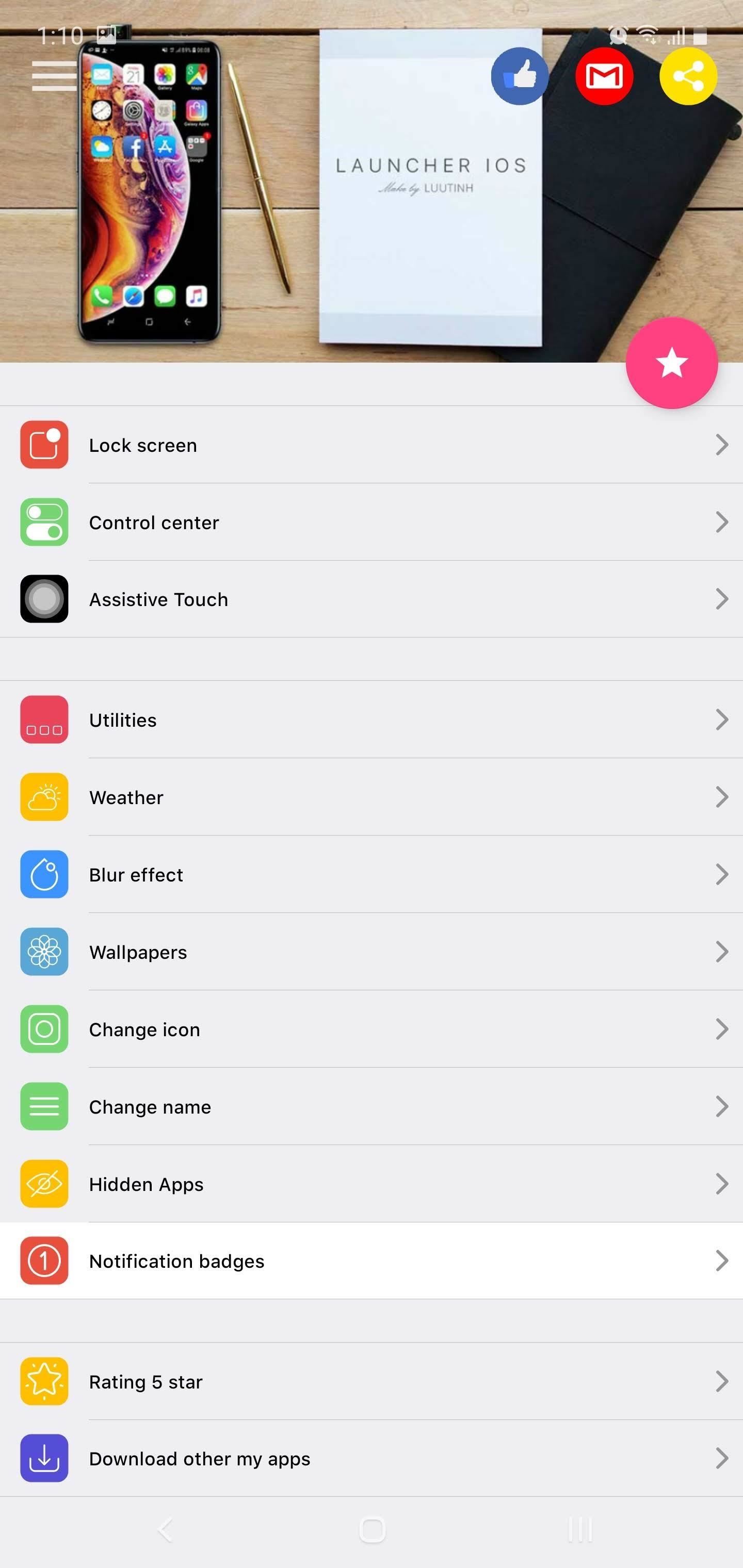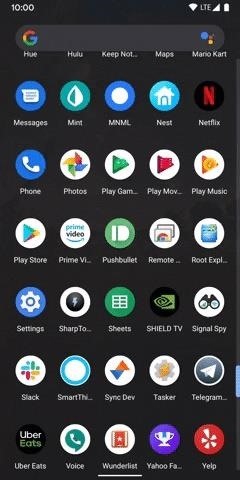News and New Product Briefs (May 12, 2000)
Compaq’s NonStop Himalaya adds J2EE support
Compaq has unveiled the S74 line of NonStop Himalaya servers and announced that the entire NonStop Himalaya product line will support the J2EE platform.
Compaq’s S74 servers rely on Infiniband-ready ServerNetII technology and is prepared for the transition in 2003 to the Compaq Alpha microprocessor. Pricing remains the same as for the Himalaya S72 series.
Compaq has also added CORBA 2.3 support to the Himalaya servers. CORBA 2.3 interoperates among J2EE-compliant devices. Other server features include Java 1.2 support, the iTP WebServer 4.1, and a Java- and Internet-based edition of the Pathway/TS transaction processing platform.
Two RSW releases test EJBs and Java applets
RSW Software has introduced two applications. EJB-test is a Java-based application that tests Enterprise JavaBeans on middle-tier applications. e-Test suite 4.2 is an update of RSW’s previous testing suite.
EJB-test 2.0 tests EJB code using AutoGen technology. It reviews EJBs, automatically creates a Java test client particular to EJBs, and analyzes data types and methods. The software then fills the test client with sample information, performs a test, and recounts the response times based on different simultaneous client loads. The client loads vary and imitate actual loads on EJB applications because they access the EJB via remote interfaces, as actual application clients would. Loads are created through either multiple JVMs or multithreading.
EJB-test agents are capable of performing tests on multiple CPUs. The disparate information is then synchronized with SyncLoad, and the results can be viewed in a variety of report formats, such as response time, response time by method, transactions per second, or number of exceptions.
EJB-test 2.0 supports Unix, Windows NT, and Linux systems. Pricing starts at 0,000.
The e-Test suite 4.2 performs functional and load testing for Internet applications with Java applets. Using one script, e-Test coordinates the many aspects of regression, load-testing, and monitoring. The suite’s e-Reporter feature is enhanced with Web Reporter, a Web-based interface that allows network participants to create and view e-Reporter test reports and graphs. Version 4.2 also adds the Netscape Enterprise Server to the supported application servers, operating systems, and database servers. In addition, it features support for most foreign languages, including Asian languages that implement double-byte character sets. e-Test suite 4.2 should be available by early May 2000, with prices starting at ,995.
Download a trial version of EJB-test:
Find out more about e-Test suite 4.2:
Sun posts JCP 2.0 draft
Sun Microsystems has presented a draft of the Java Community Process (JCP) program, dubbed JCP 2.0, for analysis and feedback. The JCP creates Java technology specifications through a community process, but it has lately faced criticism for being too easily influenced by Sun. The proposed changes include speeding the appeals process, creating an executive committee, and simplifying the JCP itself.
JDOM connects Java and XML
The Java Document Object Model (JDOM) Website has affiliated with the O’Reilly Network. Developed by Brett McLaughlin and Jason Hunter, JDOM is an open source API that helps Java developers read, edit, and write XML data. It relies on Java language capabilities and programming practices to facilitate XML interactions. The JDOM Website offers downloadable JDOM code, project documentation, information on XML and Java endeavors, and mailing lists.
DeployDirector distributes client-side Java apps
KL Group has released DeployDirector, a Java-based offering that distributes and coordinates client-side applets and applications. DeployDirector helps companies deploy applications using the Internet, and then updates the applications with industry standard protocols.
DeployDirector can:
- Distribute and coordinate client-side Java RuntimeEnvironment (JRE) automatically
- Update applications automatically with little bandwidth
- Support Unix and Windows
- Optimize jar files with packaging tools
- Start applications from the browser or desktop
- Monitor deployment status and application version usage
A starter kit for DeployDirector sells for 0,000 and includes 100 clients, one server, and up to two days of installation support.
NetLert adds whiteboard and polling features
SoftBase Systems has introduced NetLert 2.1, a realtime business communications offering that enhances message management and online collaborative efforts. NetLert 2.1 now offers a whiteboard feature, which enables multiple users to work online together on up to 100 slides per session. The whiteboard can be used to add annotations to Webpages and to share pages. In addition, the whiteboard slides can be saved, printed, and distributed at the conclusion of a session.
With a new polling feature, a manager can poll users about a particular question and supply them with a list of preset answers. Users can either select an answer or write their own. Users can alwo determine how to manage alerts when they are offline. The notifications can be saved and sent at the next logon or forwarded to an email account, mobile phone, or pager.
Jinfonet updates JReport
Jinfonet Software has released versions 2.2 of its JReport applications — JReport Professional and JReport Enterprise Server. Both Java-based applications generate reports that enable users to create personalized templates and styles, import object types, or include charts. These products also now include the JReport Font System, a TrueType administration system that solves font-mapping issues related to Java.
JReport Professional 2.2 can create user-defined report templates, exit and formula functions, and an improved data source API. It also offers reports with hyperlinks, multicolumn reports, and HTML output. Users can incorporate JReport beans into an application and deploy the results onto the desktop or with JReport Enterprise Server.
JReport Enterprise Server 2.2 deploys reports created with JReport Professional into a client/server architecture. The JReport Client Viewer allows users to print or store reports, which can be created and displayed on the Internet in file formats such as HTML, PDF, plain text, standard data format (CSV, TSV), applet, or email. JReport Enterprise Server is compatible with Microsoft VM and Sun VM and facilitates report caching, scheduling, security, version control, remote administration, and resource/user management. JReports deployed as Java servlets can be incorporated into other Web servers, including Apache Server, SilverStream Server, and WebLogic Server.
JReport Professional 2.2 is priced at 95. Pricing for JReport Enterprise Server 2.2 starts at ,495 for two concurrent reports.
Metrica/NPR manages network IP performance
ADC has expanded its Metrica product line with the unveiling of Metrica/NPR for IP, a performance management offering for IP networks. The network operating tool helps mobile and fixed networks consolidate voice, video, and data files on a single network, while evaluating and ensuring quality fo service. Metrica/NPR for IP can be used to measure system, interface, and circuit availability; interface statistics (bytes, packets, errors, utilization); system information; and any other data specified by standard or vendor-specific management information bases (MIB). It also offers a Java-based SNMP poller.
Metrica/NPR for IP now features a customized selection of flexible reports and data models that rely on standard MIBs. It also offers external configuration data, customized grouping, and trending/forecasting. Metrica/NPR for IP oversees the transmission aspects of an IP network, service, and data, which can be shared with others via Metrica/Web.
RTI adds JavaBeans support to toolkit
Real Time Integration (RTI) has improved its NetAcquire Java Toolkit by adding integrated JavaBean support. The JavaBeans allow users to build Java virtual instrumentation front panels as well as Java test and measurement applications without extensive programming. The NetAcquire Java Toolkit offers JavaBean elements for text and lamp displays, graphing, scaling, disk logging, data distribution, and realtime network communication. It obtains actual data and control by interacting with the entire NetAcquire line of network data acquisition and control servers. NetAcquire hardware can access serial, digital, and analog data over Ethernet networks.
A NetAcquire Java Toolkit-based application runs on operating systems and computers that support Java 1.1. Programmers can create customized Java code as well as code compatible with third-party JavaBeans class libraries, such as Ergotech and KL Group.
The NetAcquire Java Toolkit is available for 95.
getAccess offers single sign-on access
enCommerce has updated getAccess, its portal infrastructure software, to version 4.0. The software now supports LDAP- and database-compliant directory-based repositories, which enable administrators to decide where to store resource and user information. It also permits a single sign-on for users. The sign-on then generates a customized navigation menu that collects user-oriented content from different applications and Websites.
Using a new client authentication and authorization service API, getAccess 4.0 now provides secure access to both Web and legacy data. getAccess can also encrypt cookies during each user session and monitor user activities across multiple networks.
The LDAP directory feature will be available at the end of the second quarter 2000.
BEA updates WebLogic Commerce and Personalization Servers
BEA WebLogic Commerce Server 2.0 and Personalization Server 2.0 are now available through BEA Systems. Both updated Enterprise JavaBean-based offerings are grounded in the BEA WebLogic Server application server and offer XML-based access to content. They also provide realtime access to proprietary information via BEA eLink, which integrates with ERP applications.
The BEA WebLogic Commerce Server 2.0 provides an extensive set of ecommerce components, including a shopping cart, product catalog, fulfillment, order entry, and customer care functions. Those elements can be deployed and enhanced with industry-standard tools.
The BEA server’s enhanced content query and retrieval abilities can be incorporated into personalization rules. That allows the server to interact with documents developed by third-party content management software, such as Documentum and Interwoven. Combining this feature with personalization rules also helps customize content by equating user and document attributes with rules.
Visual SlickEdit for OS/390 eases code management
MicroEdge has released version 5.0 of Visual SlickEdit for OS/390, a suite of integrated tools for developing and maintaining cross-platform applications. Visual SlickEdit for OS/390, which performs on the host mainframe, relies on IBM’s Unix Systems Services. Files are accessed from the server for the maintenance, compilation, creation, and execution of programs.
New Visual SlickEdit OS/390 5.0 features include:
- Context tagging, which tags code with scope, expression type, and inheritance analysis as it is entered
- Language support for Java, Perl, JavaScript, JCL, PL/I, and OS/390 Assembler, and embedded support for JavaServer
- Automatic updates on references for Java, COBOL, Slick-C, Ada, and C/C++
- File-differencing tools that either combine changes from file versions or help users determine what changes have been implemented
- FTP Client toolbar and FTP Open tab, which permit recursive FTP directory actions
- Javadoc Editor, which supports Java, C, C++, and Slick-C
Contact company directly for pricing information.
FreeBSD adds Understudy clustering software
New shipments of the FreeBSD 4.0 operating system will include PolyServe’s Understudy clustering and failover software. Understudy includes a ClusterPulse element installed on each network server; it performs IP service monitoring, failover to another host, and failure detection. Understudy also includes ClusterView, a Java-based application that enables administrators to configure and coordinate clusters from any PC.
For more information about Understudy:
For more information about FreeBSD:



